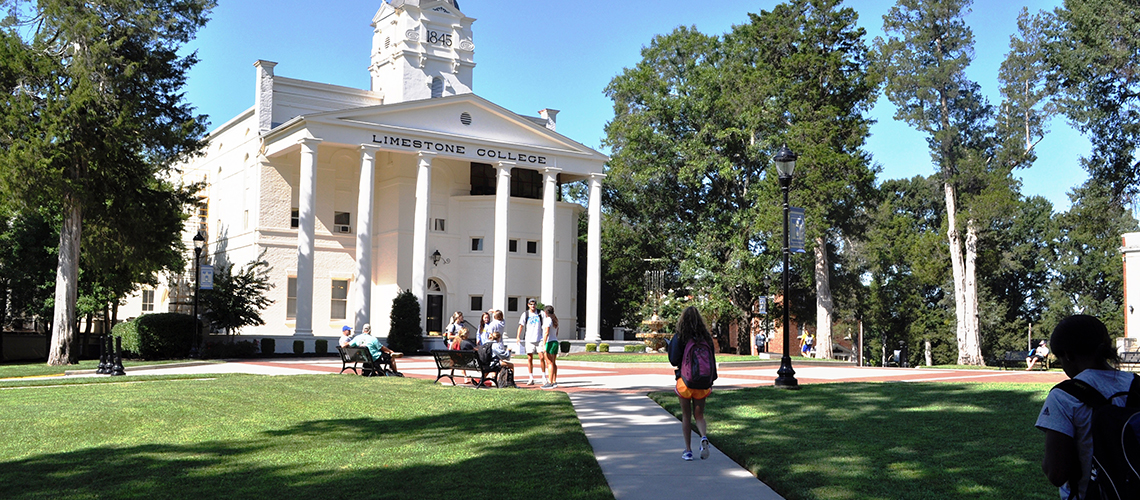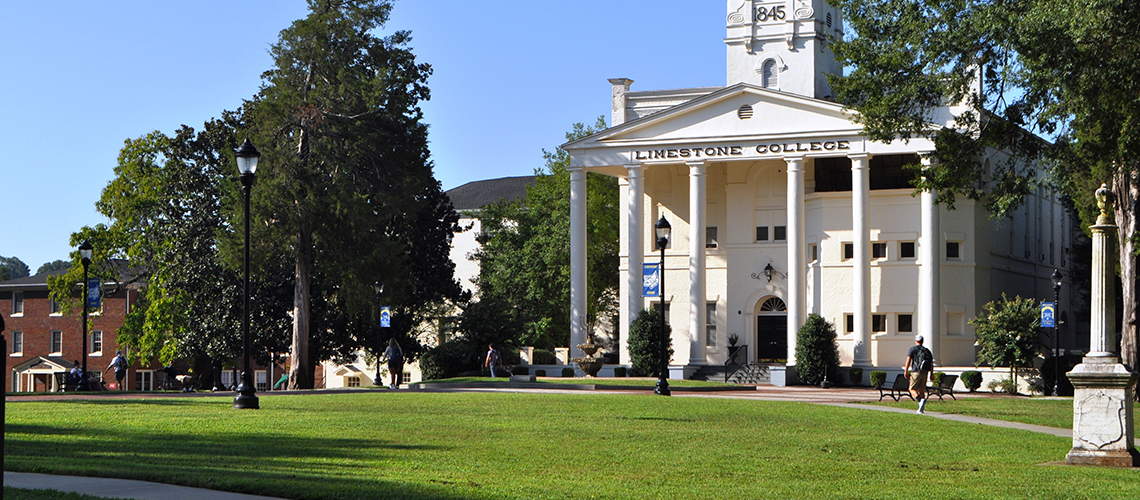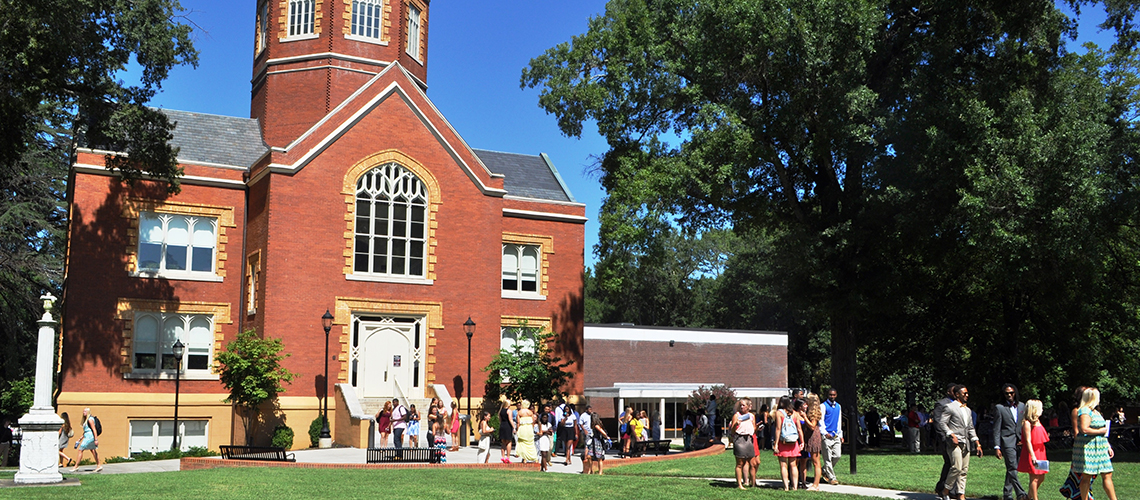Cherokee County School District
Cherokee County Schools spend $9,589 per student (the US average is $12,838). There are 15 pupils per teacher, 537 students per librarian, and 304 children per counselor.
| Category | Cherokee | South Carolina |
|---|---|---|
| Expenditure per Student | $12,644 | $15,905 |
| Educational Expenditure per Student | $11,265 | $13,142 |
| Instruction Expenditure per Student | $6,552 | $7,999 |
| Pupil/Teacher Ratio | 13.1 | 16.23 |
| Students per Librarian | 410 | 4,573 |
| Students per Counselor | 269 | 530 |
| High School Graduation Rate | 83.3% | 88.8% |
| Some College | 19.4% | 10% |
| 2-Year Degree | 11% | 18.6% |
| 4-Year Degree | 14.6% | 29.8% |
| Master’s Degree | 8.3% | 13% |
*Information Gathered from Sperling Best Places
Spartanburg Community College
SCC is Proud to Serve Cherokee County!
Established in 2003, the SCC Cherokee County Campus boasts state-of-the-art facilities on 74+acres of land near Interstate 85 and downtown Gaffney. In November of 2024, SCC announced a $35+ million dollar expansion to the Cherokee County campus which will include a Diesel Tech training facility, a Nursing facility, and a Sparks Center landing pad for businesses among other expansions and upgrades to the campus.
The Cherokee County Campus offers small class sizes, flexible schedules and a high-tech library facility, and is known for their caring faculty and supportive community. Students can take a full array of general education courses, as well as transitional studies classes that may be necessary for acceptance into SCC’s curriculum programs.
Programs Offered
While the SCC Cherokee County Campus offers classes required for almost every SCC program, the following programs can be started and completed at this campus:
- Associate of Arts – University Transfer
- Associate of Science – University Transfer, Biology Concentration
- Machine Tool Certificate
- Mechatronics Certificate I & Associate Degree
- Medical Assisting
- Welding Certificate & Associate Degree
Cherokee County Residents: Attend College Tuition-Free!
Cherokee County K-14 Scholarship Fund –Established by Cherokee 2020 to encourage county residents to continue their education for at least two more years beyond high school, this fund covers any tuition amount remaining after all other funding and financial aid options have been exhausted. Currently available through 2025.
Eligibility Criteria
- Individuals who have received a high school diploma or G.E.D. within the past 5 years and have lived in Cherokee County for the last 12 consecutive months or longer
- Veterans who have lived in Cherokee County for the last 12 consecutive months or longer, who have a high school diploma or G.E.D
- Students are allowed to enroll in any courses they choose.
About Limestone University
With its main campus located in Gaffney, Limestone University is an accredited, independent, coeducational, four-year liberal arts institution chartered by the State of South Carolina that has been in operation since its founding in 1845. Limestone is a Christian non-denominational college. They offer Bachelor of Arts, Bachelor of Fine Arts, Bachelor of Science, Bachelor of Social Work, Associate of Arts, Associate of Science, and Master of Business Administration degree.
The mission of Limestone University is to educate students from diverse backgrounds in the liberal arts and select professional disciplines. Limestone offers opportunities for personal and professional growth to individuals who may find access to higher education difficult. In a nurturing, supportive environment based on Christian ideals and ethical principles, students are challenged to become critical thinkers and effective communicators who are prepared for responsible citizenship, successful careers, and graduate study.
Through its Extended Campus Classroom Program, Limestone offers evening classes for working adults in eight locations across South Carolina, including Aiken, Charleston, Columbia, Florence, Gaffney, Greenville, Kingstree, and Yemassee. Limestone also reaches students from across the world through its Extended Campus Internet Program.
Limestone’s faculty and staff, academic and co-curricular programs, financial resources, and support services are dedicated to an educational climate that upholds high academic standards and fosters respect for learning and beauty, creativity and hard work, tolerance and personal integrity, vigorous activity and spiritual reflection.
With an operating budget in excess of $50 million, Limestone College has a tremendous economic impact on the Cherokee County economy. Limestone students, their families, college employees, and visitors continually frequent city and county restaurants, entertainment and shopping centers, and hotels. That contributes greatly to the local Accommodations Tax receipts.
Programs Offered
- Biology
- Business Administration
- Computer Science
- Criminal Justice
- Elementary Education


